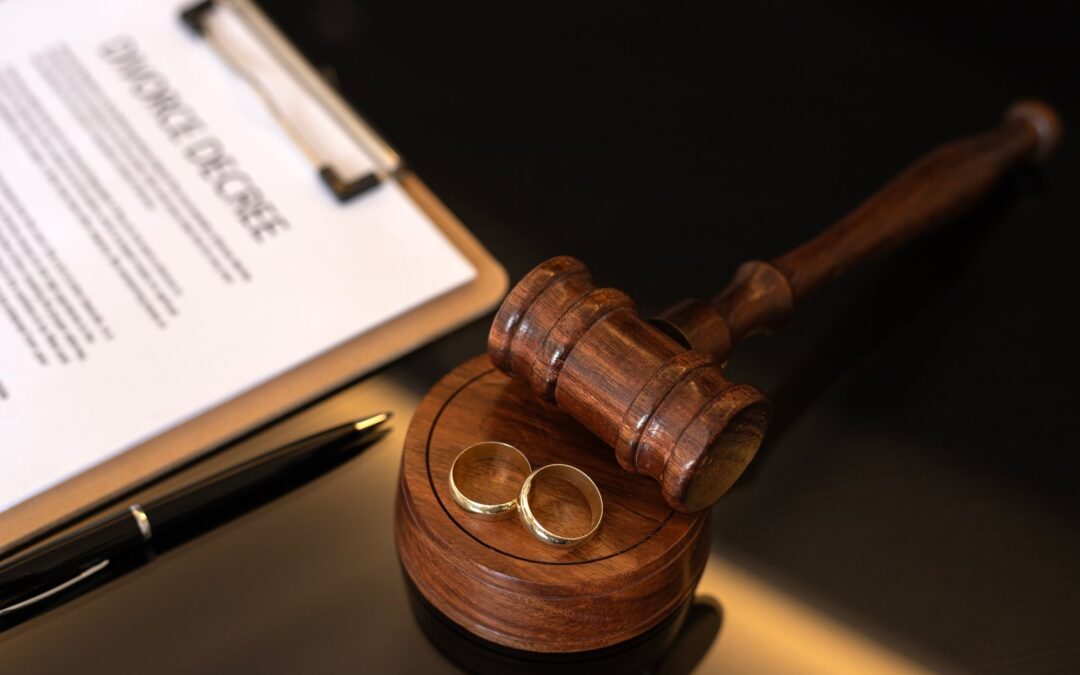Generally, New York courts favor allowing spouses to resolve their divorce disputes on their own. As a result, if you signed a settlement agreement with your former spouse, a court will most likely enforce it. However, your divorce settlement agreement can be challenged or set aside if you can demonstrate fraud, duress or undue influence, or unconscionability.
Fraud requires proof that your former spouse knowingly concealed or gave you false information about an essential fact, that you justifiably relied on that misrepresentation and suffered damages as a result. Duress and undue influence are grounds for setting aside the agreement only if your spouse threatened or coerced you to sign and you would not have signed the agreement absent such coercion.
Demonstrating one of the grounds above will be much more difficult if your agreement was allocuted. Divorce allocution is a process that spouses can request wherein the judge asks the parties on the record and under oath whether: they understand the terms of the agreement, they have no reservations regarding settling the actions according to those terms, they are satisfied with the agreement as best they can be, they are satisfied with their respective attorneys and the representation their respective attorneys provided them, they are entering into the agreement on a knowing and voluntary basis without duress or other influence, and the agreement sets forth the parties entire agreement. Going through an allocution is beneficial because it removes many of the grounds a party may use in objecting to an agreement afterward. As a result, if you are now trying to challenge your agreement, you will have a heavy burden of proof if it was allocuted.
If you want to challenge your divorce settlement agreement, you will need to commence a new action (separate from the divorce action) to vacate or set aside the agreement. The judge will likely order a hearing on the facts surrounding the execution of the agreement at which time you will be required to provide sufficient evidence of one of the grounds discussed above.
Consulting an experienced divorce attorney is essential as it is always difficult to set aside a settlement agreement. Contact us to discuss how we can help you achieve the best result in your case.

